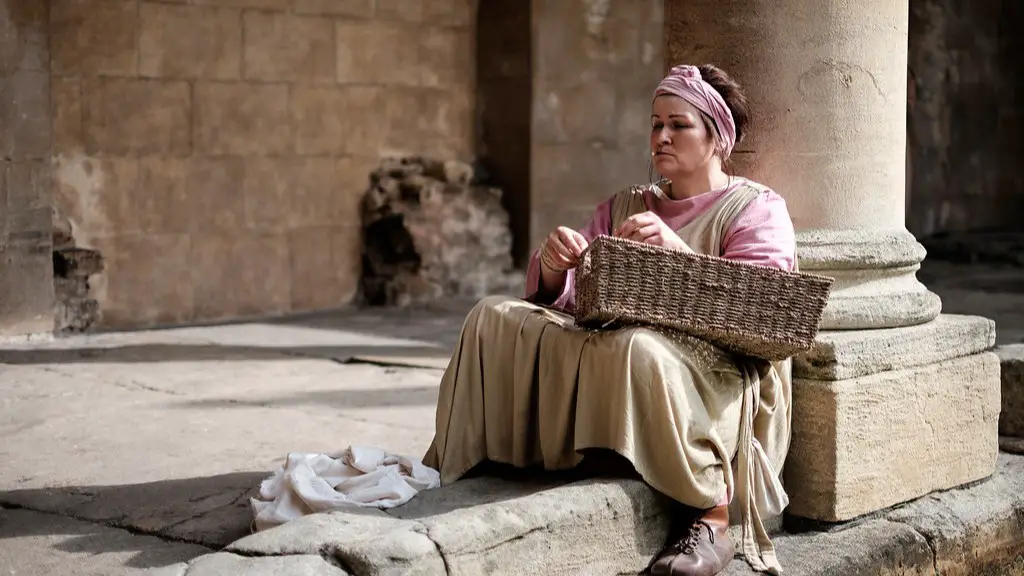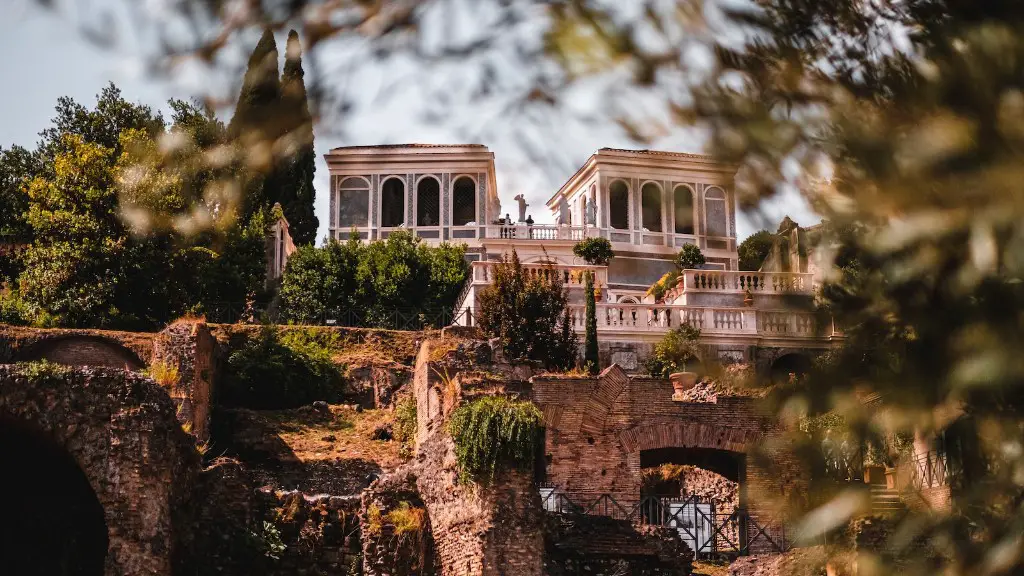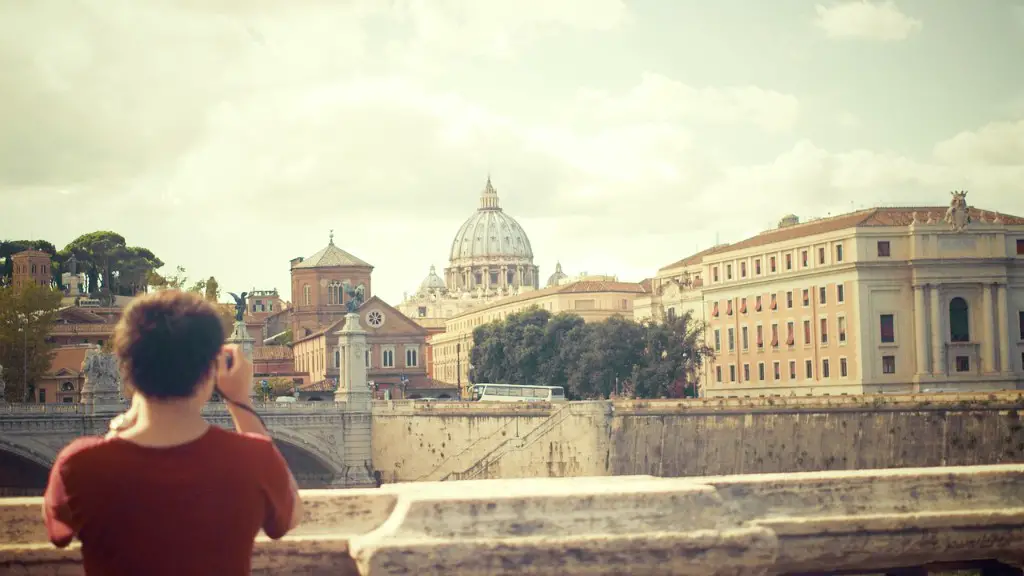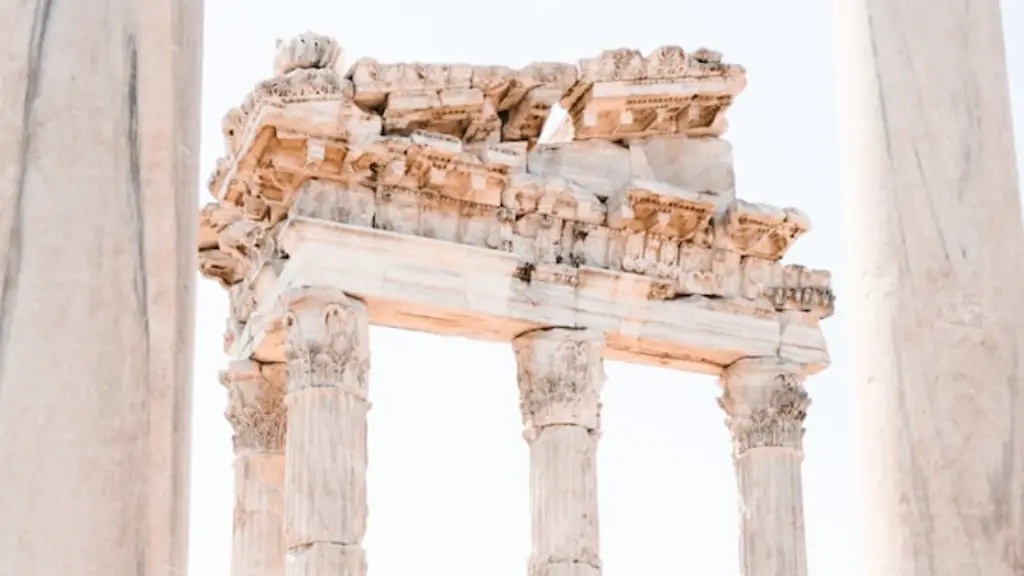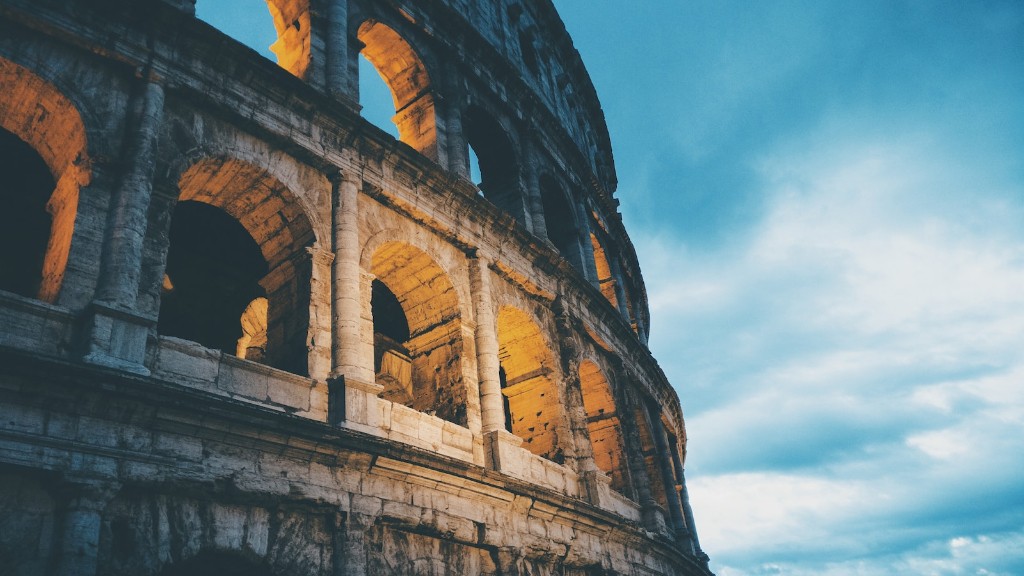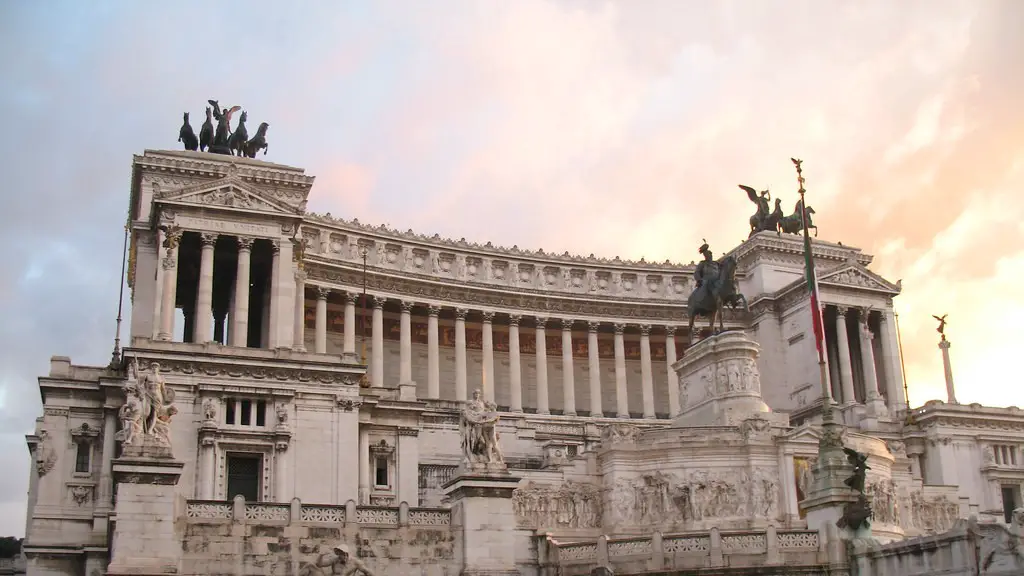THE HISTORY OF ANCIENT ROME
Ancient Rome is one of the most important and influential civilizations of the past. As one of the core Mediterranean powers, Rome’s dominance stretched from the Italian peninsula to North Africa, the Middle East and large parts of modern-day Europe. Its legacy remains to this day in terms of laws, language and social customs.
Rome’s rise to power began in the 8th century BC, when it was a small city-state dominated by Etruscans. It soon went on to become one of the most powerful empires the world had ever seen. Its development was shaped by political, economic and military expansion and the adoption of classical Greco-Roman civilization.
Rome was initially a monarchy governing over a coalition of mass tribes which was led by a tribal chieftain. Between the 8th and 7th centuries BC, Rome was largely run by a series of Etruscan kings. The last of these, Tarquin the Proud, sought to increase Rome’s imperial ambitions and had much of the city walls built, as well as founding what would become the city’s forum.
In 509 BC, Tarquin the Proud was overthrown in a popular uprising. The monarchy was replaced with a system of government made up of elected leaders, known as the Roman Republic, which would go on to form the foundations of what would become the Roman Empire.
Rome’s period of greatness came during the Roman Republic and the Pax Romana – the roughly 200-year interval in which Rome was at its most powerful and central to European life – and lasted until 27 BC. This period saw huge territorial expansion and the rise of Rome’s vast empire as it gained control of most of the Mediterranean, North Africa and parts of Western Europe. It was also during this period that the city reached its peak population of over 1 million, making it one of the largest cities in the world at the time.
Rome’s most significant accomplishments during this period were political, economic and military. Its system of government and laws – including the 12 Tables which set out the rules of private law – laid the foundations for many of the legal systems used across Europe today. Economically, Rome pioneered the use of a single money standard, which allowed goods and services to be easily exchanged between different regions.
In terms of military accomplishments, Rome built the world’s first standing professional army and an intensely complex network of roads. These roads encouraged trade and movement, helping to bind the empire together and expand its influence.
WHEN WAS THE GREATEST YEAR FOR ANCIENT ROME?
The greatest year for ancient Rome is largely a matter of opinion, but there are many who believe that it was the year 217 BC when Rome won the Battle of Lake Trasimene. In that year, the Carthaginians, Rome’s major enemies, were decisively defeated by the Roman legions.
The battle was significant for two reasons. Firstly, it was a major victory for Rome. The Romans were fighting a difficult war with the Carthaginians, so the success at Lake Trasimene was a huge boost to the Roman army’s morale and standing. Secondly, it was the first time that Rome had defeated its major enemy in a large open-field battle – a feat that would stand Rome in good stead for the rest of their wars.
The year 217BC was not just a victory in terms of the Battle of Lake Trasimene. It also represented a pivotal moment for Rome as a nation. Prior to Lake Trasimene, Rome had already won some smaller battles, but this battle marked when it began to assume its role as one of the major powers of its time. Its victory at Lake Trasimene meant that Rome had now established its place among the great powers of the Mediterranean.
In addition to the Battle of Lake Trasimene, 217 BC saw the creation of the Treaty of Nations, which divided the Mediterranean world between Rome and Carthage. This treaty formed the basis of an uneasy peace between the two major powers, ensuring that Rome would exercise considerable influence over its great rival.
Another significant development in 217BC was the start of construction on the aqueducts that supplied Rome with fresh water. Rome’s aqueducts were a major engineering feat of the time, and their construction marked the beginning of Rome’s development as a great metropolis and the centre of the world at the time.
THE CULTURAL IMPORTANCE OF ANCIENT ROME
In addition to its military and political accomplishments, Rome also left a significant cultural legacy. Its language and literature would shape many European cultures and its scientific and technical achievements in engineering, geography and other fields still rival our own. Similarly, its art and architecture continues to be admired, with the likes of the Pantheon and the Colosseum remaining one of the most recognisable landmarks in the world today.
Rome’s authors and playwrights, such as Virgil and Cicero, were revered for their work and helped to preserve Roman life and culture. Rome’s influence in the development of law and governance is also hard to overstate. Its system of government, with its tripartite branches (the Senate, the Consulate and the Tribunes) became a prototype for many later governments, as did its powerful military strategies.
Rome also made a number of contributions to science and technology, including the invention of concrete and the invention of steam power. Its scholars and scientists sought a deeper understanding of the physical world, with advances in medicine and astronomy.
In sum, it can be argued that Rome made a number of irreplaceable contributions to the world, to this day. Although the city may have been lost to history, its legacy remains strong, and the accomplishments of its ancient ruling class continue to shape the lives of those living in countries where the language, customs and laws remain rooted in its teachings.
CONCLUSION OF THE GREATEST YEAR FOR ANCIENT ROME
It is difficult to pinpoint with certainty which year was the greatest for ancient Rome, but it is without doubt that 217BC was a pivotal moment for the city-state. Its victory in the Battle of Lake Trasimene, the creation of the Treaty of Nations and the commencement of aqueduct construction all had significant impacts on Roman culture and society, laying the foundations for its later successes and its ongoing legacy in the modern world.
SOCIAL AND ECONOMIC CONSEQUENCES OF ANCIENT ROME
The impact of Rome’s rise to greatness went far beyond its military campaigns. Its cultural, social and economic consequences continue to shape the world today in ways both large and small. Roman culture was integrated into the cultures of those it conquered, and the Latin language has endured long after the fall of the Empire.
Economically, Rome’s system of taxation and trade boosted the economy of the Mediterranean, while its introduction of a single currency allowed for easier exchange of goods. This fuelled the growth of a vibrant trading economy, encouraged investment and helped development of infrastructure.
In terms of social impacts, the Roman model of governance in terms of voting and law making had implications across Europe and the world. Its legal system and civil code remain the basis for many laws and constitutional documents today, and its system of governance continues to be the blueprint for governments and assemblies in many countries.
On a more personal level, the prestige and power that came with serving the Roman Republic led to the rise of private wealth for many citizens and the emergence of a class system. This new wealth encouraged a richer culture of living, with the likes of public entertainment, staged spectacles and grand public buildings all coming out of this period.
IMPACTS OF ROMAN POLITICS AROUND THE WORLD
The political system of Rome has had a long-lasting impact around the world. Its model of democracy – the power of the people – forms the basis of many modern democracies, while its rule of law is still adhered to in many countries today. Its system of taxation, trade and commerce also helped shape the modern economy.
It was also during the Roman period that the concept of private property ownership was recognised and developed. This created a class system in which wealth could be passed on and helped to establish the idea of legal rights and freedoms.
The Roman Empire also helped spread Christianity and its philosophy of peace, charity and justice across Europe and the world. This played a key role in shaping religious doctrine, laws and societal conventions, many of which are still visible today.
Finally, it is worth noting that the Roman Empire inspired many future empires. Its success and power were envied and admired by many, and later empires such as the British and French Empires all took cues from the Romans in terms of organisation, legal codes and military tactics.
THE LEGACY OF ANCIENT ROME
The legacy of Ancient Rome lives on in many ways. Its language and culture remain in the nations it once controlled, while its legal systems, architecture and technological innovations still influence modern life. It also left a strong impression on the arts, with its literature, sculpture, painting and mosaics still admired today. Finally, its political legacy lives on in the forms of government adopted by many countries around the world.
Rome still holds a special place in the modern imagination. Its expansive influence, grandeur and power serve as an inspiration to many, while its legacy continues to provides a roadmap for future generations to follow. In sum, Rome’s greatest year, 217 BC, was a pivotal moment for the city and for world history, and its impact is still felt to this day.
